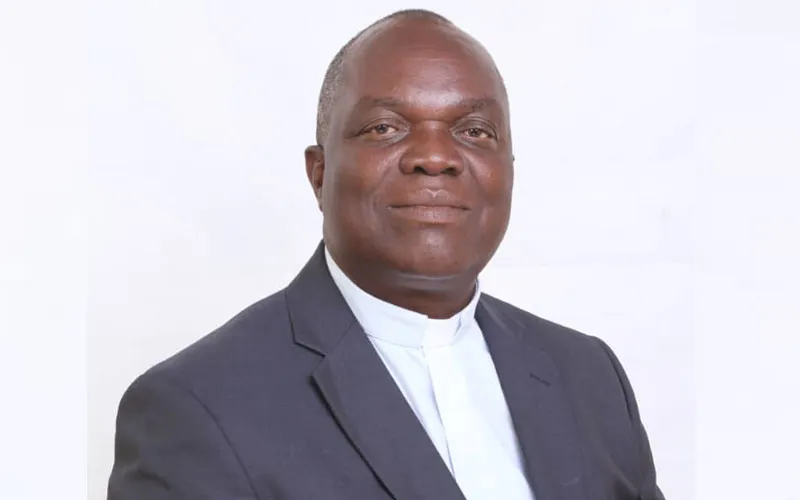Harare, 09 April, 2023 / 9:00 pm (ACI Africa).
The Church has the Synodal pastoral response at its disposal in accompanying young people who are struggling with drug abuse, a Catholic Priest in Zimbabwe has said.
In his presentation at the webinar that brought together members of the Inter-Regional Meeting of Bishops of Southern Africa (IMBISA), Fr. Simon Mavhiya highlighted various other ways to journey with young people who are addicted to drugs, including peer education, ongoing formation, and adjustment of the curriculum to include topics on the dangers of drug abuse.
On the synodal pastoral response, the Priest who serves as the Vicar General of Zimbabwe’s Gweru Diocese underscored the need of taking an approach that “leaves no one out” in journeying together.
“The Church in her pastoral response and care should take the synodal approach which leaves no one out from being educated and counseled. The gospel against drug and alcohol abuse should be proclaimed to all people both drug addicts and non-drug addicts,” Fr. Mavhiya said.
He added, “Thus people of all ages, both old and young, men and women, people of all religions and cultures, and all people.”








